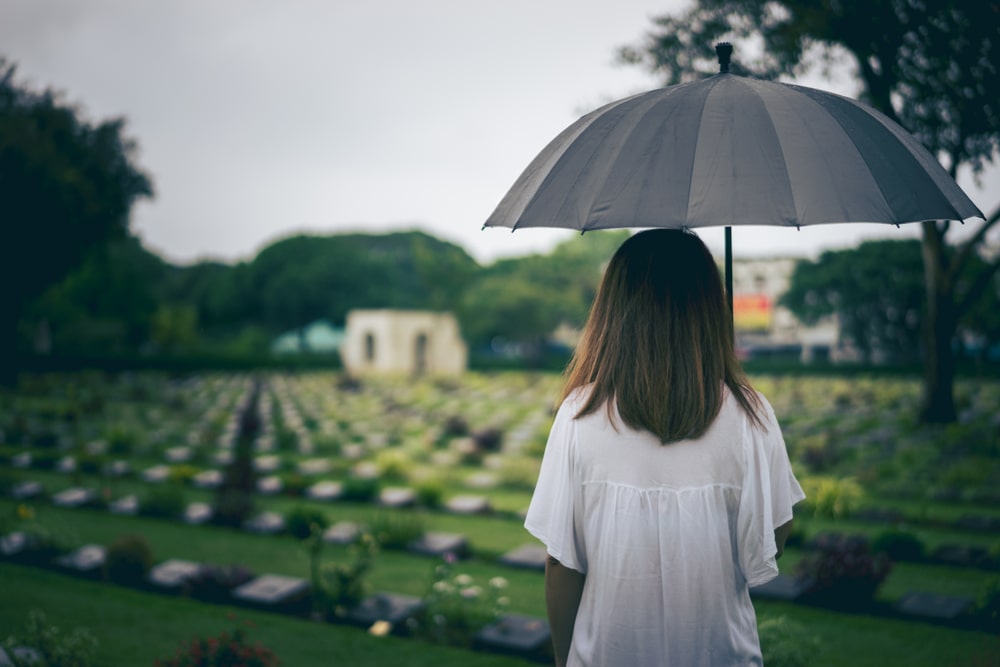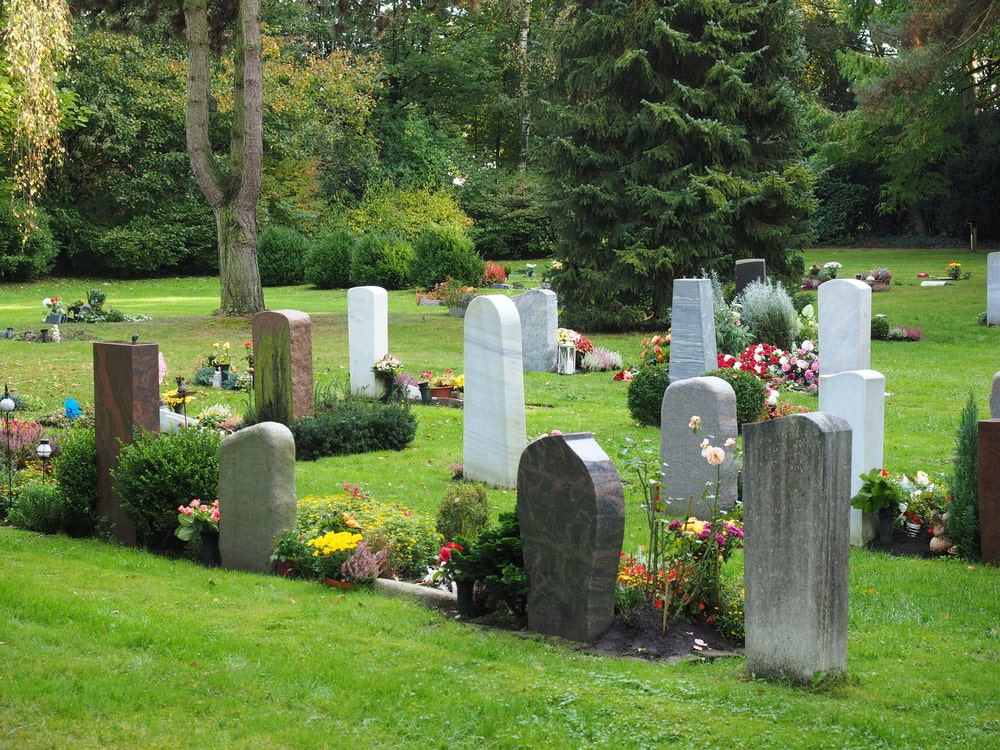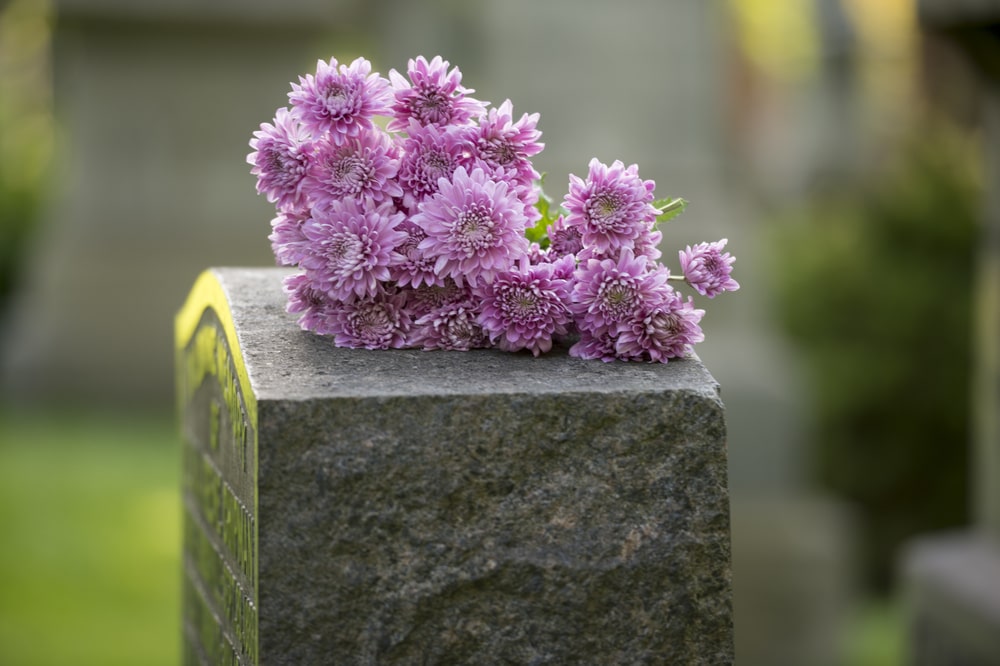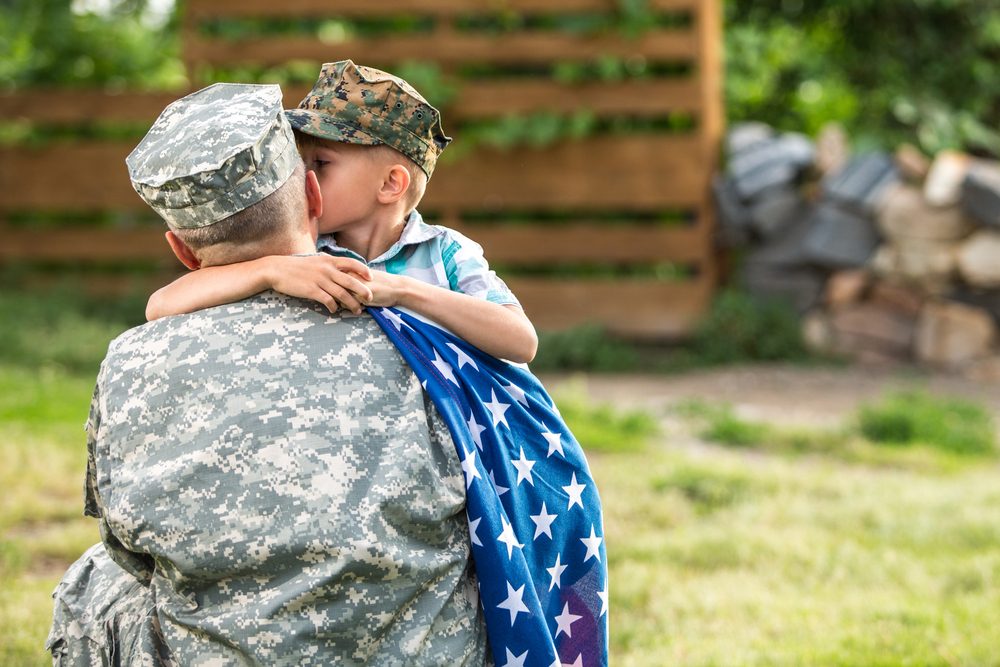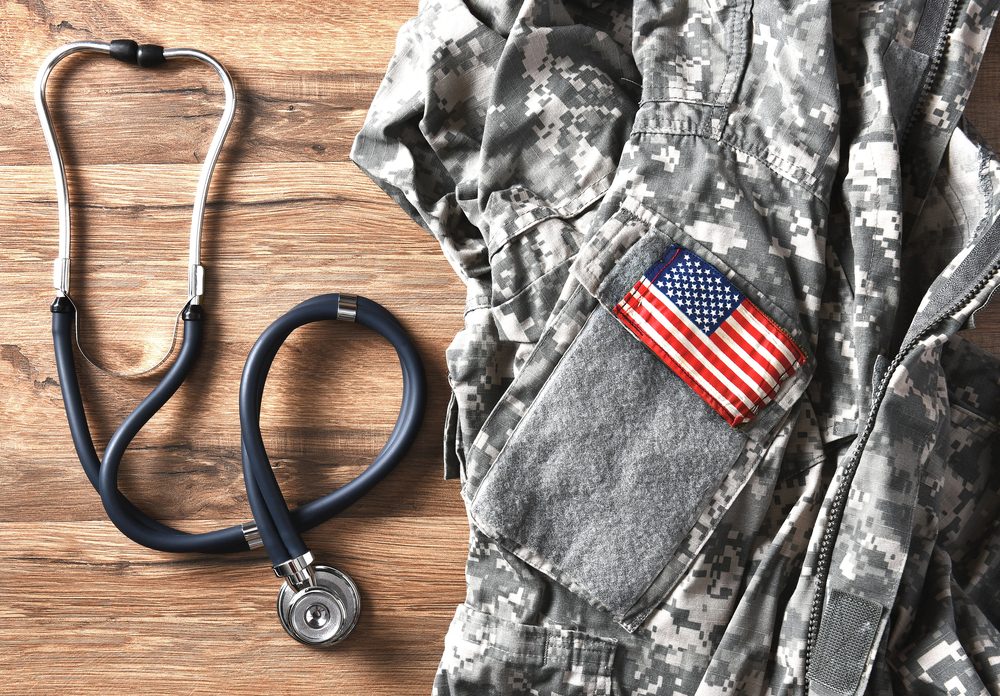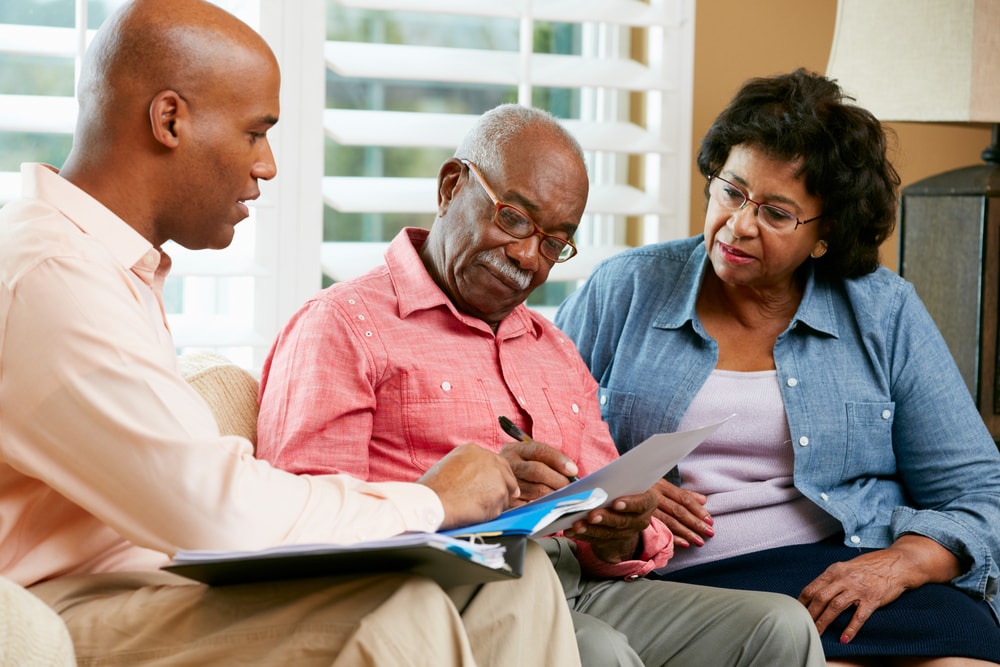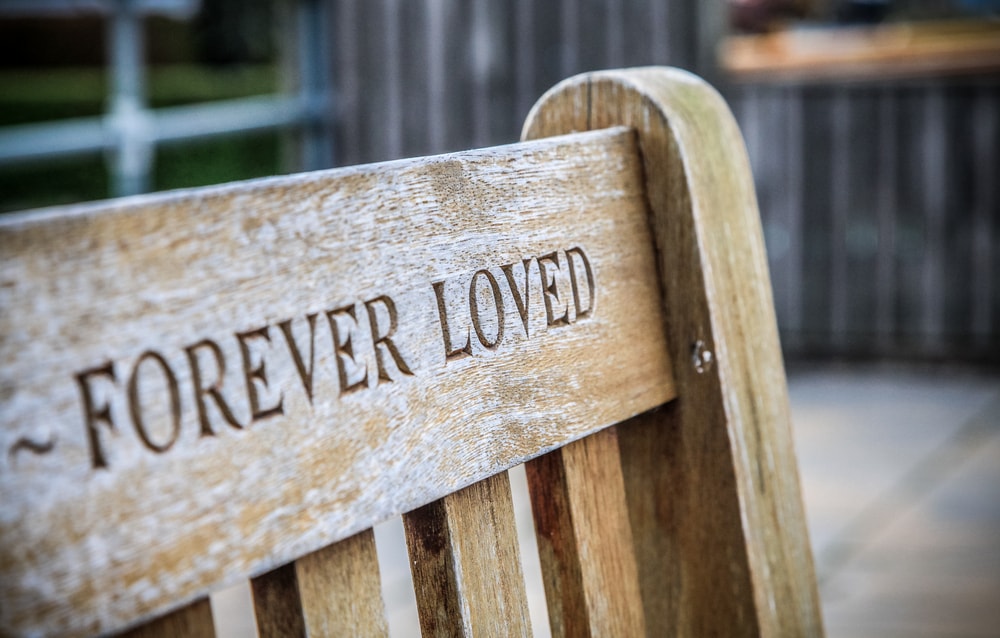
Grief is an inescapable part of life. For many, grief is associated with losing someone dearly loved. However, it is important to note that grief is not always associated with losing someone; you may be grieving the loss of a job, the collapse of a dream, or the breakup of a relationship. As human beings, we possess deep, complex, multi-faceted emotions, and it’s our responsibility to learn how we individually need to process those emotions. If you are facing a season of grief – whether you’ve lost someone you loved or are experiencing some other pain – keeping a grief journal might be the answer to helping you cope with and process your feelings.

I know now that we never get over great losses; we absorb them and they carve us into different, often kinder, creatures. – Gail Caldwell
Why Should I Keep a Grief Journal?
1. Writing things down can often make you more aware of what you are feeling. For some people, they don’t know what they are feeling until they write it down. Putting thoughts and emotions into words forces you to slow down and gives you an opportunity to deeply reflect on, and perhaps better understand, the emotions within you. It’s a method of self-reflection and can reveal things you haven’t consciously thought about.
2. For those mourning a loved one, you can journal to remember them. Recall your favorite memories. Record their favorite colors, smells, foods, places. Write down what they meant to you and why. Create a narrative of your relationship with them and how they impacted your life, the good and the bad. In your journal, if it’s helpful, you can even write directly to the person you’ve lost, saying whatever you feel needs to be said.

3. A grief journal gives you a safe and judgment-free place to explore your jumbled thoughts and feelings, to find ways to remember your loved one, and to record your ongoing journey through grief. Often, it’s comforting to look back and see just how far you’ve come from day one. Sometimes, people may feel like they aren’t making any progress at all, but when they have something tangible to look back on, it’s easier to see the progress they’ve made.
4. There are no rules. This journal belongs to you, and you can utilize it in whatever way you see fit. There may be days that you don’t feel like writing. That’s okay – you can also draw, color, paint, glue, or create something else in the journal’s pages. It’s entirely up to you – it’s your space.
5. Journaling can actually improve your physical and emotional health. By putting your thoughts and feelings into words, they come into sharper focus, and you can outwardly express what you inwardly feel. Among other things, this outward expression, this releasing of thoughts and emotions, reduces stress, which improves sleep.

Selecting a Journal
Ultimately, you should choose a grief journal that appeals to you. However, if you’d like some tips, here are a few questions you could ask yourself before making a purchase.
- How big or small do you want it to be (i.e. easily fits into a backpack, purse, or pocket)?
- Do you want it to have writing prompts included or not?
- Do you plan to use the journal to record your grief journey exclusively, or do you want to use it for multiple purposes?
- Will you add art to your writing or use a special pen? If so, you might consider how thick the pages are so the ink doesn’t bleed through.
- Do you prefer ruled or unruled paper?
- Would you want the journal to include quotes or information about grief and loss?
- Is it important to you that the journal appeal to you visually?
- Would you want a journal that carries meaning for you, such as one that depicts something your lost loved one valued (i.e. favorite animal, work of art, color, etc.)?
Also, it’s not a requirement that you handwrite your grief journal. If you prefer, you could type it or even dictate it. The simplest way to keep a digital journal is to open a Word document and start typing, but there are websites online that offer a place to record your grief journey. Another option that may appeal to some is creating a blog where thoughts are recorded and shared with others.

Journal Writing Prompts
You can find writing prompts online easily, but here are a few to get you started.
- Think of a word that reflects how you feel today and explore it. What does the word mean to you? Why do you feel that way? How would you describe how you’re feeling to someone else?
- Find a quote that speaks to you and mull over it. Write down why you chose that particular quote and what it means to you.
- Spend time remembering your loved one – days you spent together, things they loved.
- Write down things they used to say and why you remember the words so well.
- Write a message to your loved one.
- Ask yourself open-ended questions, like:
- “The things I miss most…”
- “A color that makes me think of you…”
- “This memory always makes me happy…”
- “I wish I knew…”
- “Today, my grief feels like…”
Feel free to add your own prompts and make the journal personal and intimate. It’s about you, your journey, your grief, your loss.

Write what comes out and don’t be ashamed of it. Some of the things you feel may be unexpected or scary, and that’s okay. Giving voice to your feelings will help you identify them, take responsibility for them, and eventually, release them. Nationally respected grief expert Alan Wolfelt believes that we never truly get over grief, but instead, we become reconciled to it. We learn what life looks like beyond our loss. He puts it this way, “To experience reconciliation requires that you descend, not transcend. You don’t get to go around or above your grief. You must go through it. And while you are going through it, you must express it if you are to reconcile yourself to it.”

